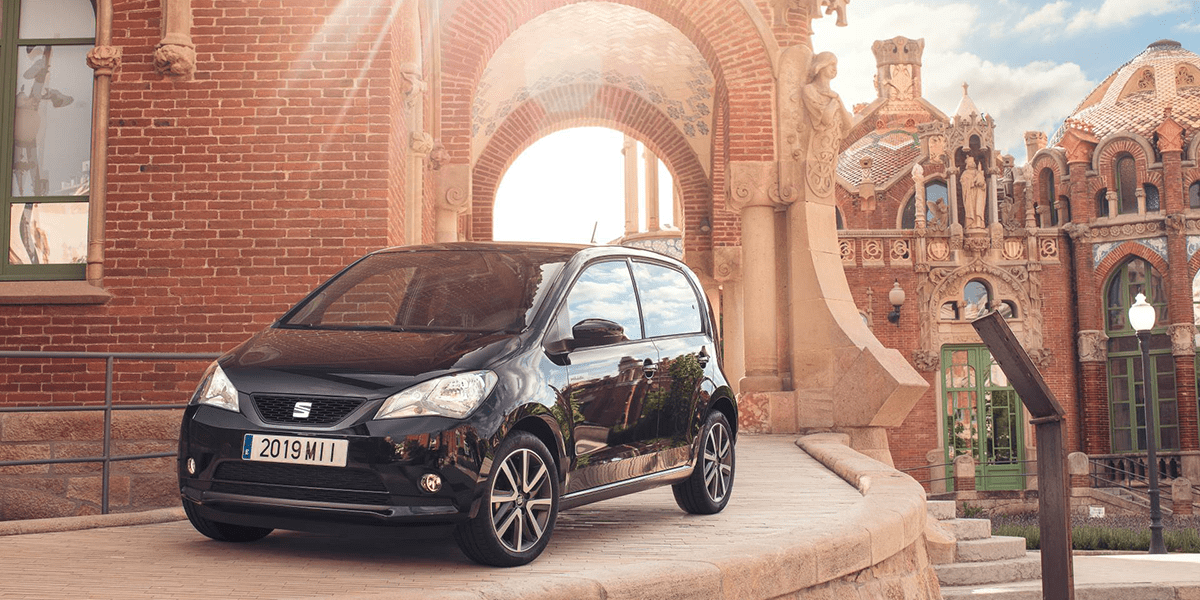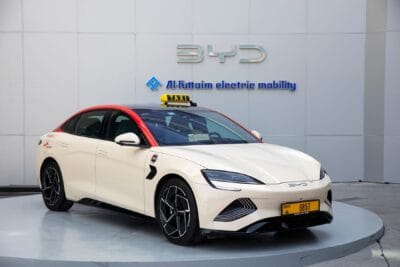Spain increases electric mobility subsidies
The Spanish government has expanded the budget for its Moves II subsidy programme from 100 to 120 million euros. In the course of the programme, the purchase of electric cars will be subsidised by up to 5,500 euros. The following programme Moves III will be endowed with at least 400 million euros.
The additional 20 million euros for Moves II will go to five regions that have already used up their budget. Valencia will receive an additional 4 million euros on top of the 10.6 million already received. Madrid’s funding pot will be increased from 14 to 21.5 million euros. Catalonia will receive another 5 million, Aragon another 2.5 million and Navarra another 830,000 euros. The Move II programme came into force in June 2020. The drawdown of the budget by the country’s total of 17 regions varies greatly. While the aforementioned five regions experienced a rush for funding, viewed across the entire country, 40 per cent of the original budget of 100 million euros has not yet been spent.
The one-year Moves II programme is expected to remain in force until after the summer before it is replaced by Moves III. The Spanish government then wants to equip the new edition of the support programme with a significantly increased budget. At the moment, there is talk of at least 400 million euros, which can be increased to 800 million euros if necessary. The programme is still in the approval phase.
The first edition of the programme to promote electric vehicle purchase and charging infrastructure development started in February 2019 with a budget of 45 million euros. At the time, BEVs, PHEVs and FCEVs with a list price below 48,400 euros were eligible for funding. In the follow-up programme Move II, this limit was set at 45,000 euros.
Since June last year, private individuals wanting to purchase electric cars with an electric range of more than 90 kilometres receive 4,000 euros and, if their old vehicle is scrapped at the same time, the maximum subsidy can go up to 5,500 euros (+ 1,000 euros dealer bonus). Cars with an electric range of 30 to 90 kilometres receive 1,900 euros, or 2,600 euros if an old vehicle is scrapped at the same time. Electric motorbikes are subsidised with 750 euros.
The subsidy for tradespeople differs depending on whether the company is a small or medium-sized enterprise (SME), or a large enterprise. SMEs receive up to 4,000 euros (without scrapping: 2,920 euros) for cars with a list price of up to 45,000 euros, up to 5,000 euros (3,630 euros) for light commercial vehicles, 6,000 euros for buses of up to five tonnes and trucks of up to 12 tonnes, and 750 euros for motorbikes.
Large businesses can also expect to receive up to 3,000 euros (2,190 euros) for electric cars, 4,000 euros (2,900 euros) for light commercial vehicles and 5,000 euros for minibuses and trucks, and 700 euros for motorbikes. For all tradespeople, heavy commercial vehicles, i.e. buses from five tonnes and trucks from 12 tonnes, are subsidised with 15,000 euros.
Spain also subsidises charging points
Private individuals and businesses alike can apply for subsidies for the construction of charging infrastructure within the framework of Move II. Acquisition and installation costs for public or private charging stations are covered by 30 to 40 per cent. The subsidy is capped at 100,000 euros.
In addition to the Move programme, Spain has installed other funding instruments. In July 2020, for example, the Renove programme was launched to promote car purchases in general. The programme, which has a budget of 250 million euros, staggers the subsidy rates according to environmental compatibility and makes the scrapping of an old car a prerequisite. In parallel, Spain has put together a billion-euro aid package for its car industry to cushion the impact of the covid pandemic. Spain’s National Integrated Energy and Climate Plan (PNIEC) calls for at least five million electric vehicles to be registered in 2030.
With reporting by Cora Werwitzke
spainsnews.com, forococheselectricos.com, movilidadelectrica.com, marca.com (the latter three in Spanish)





0 Comments